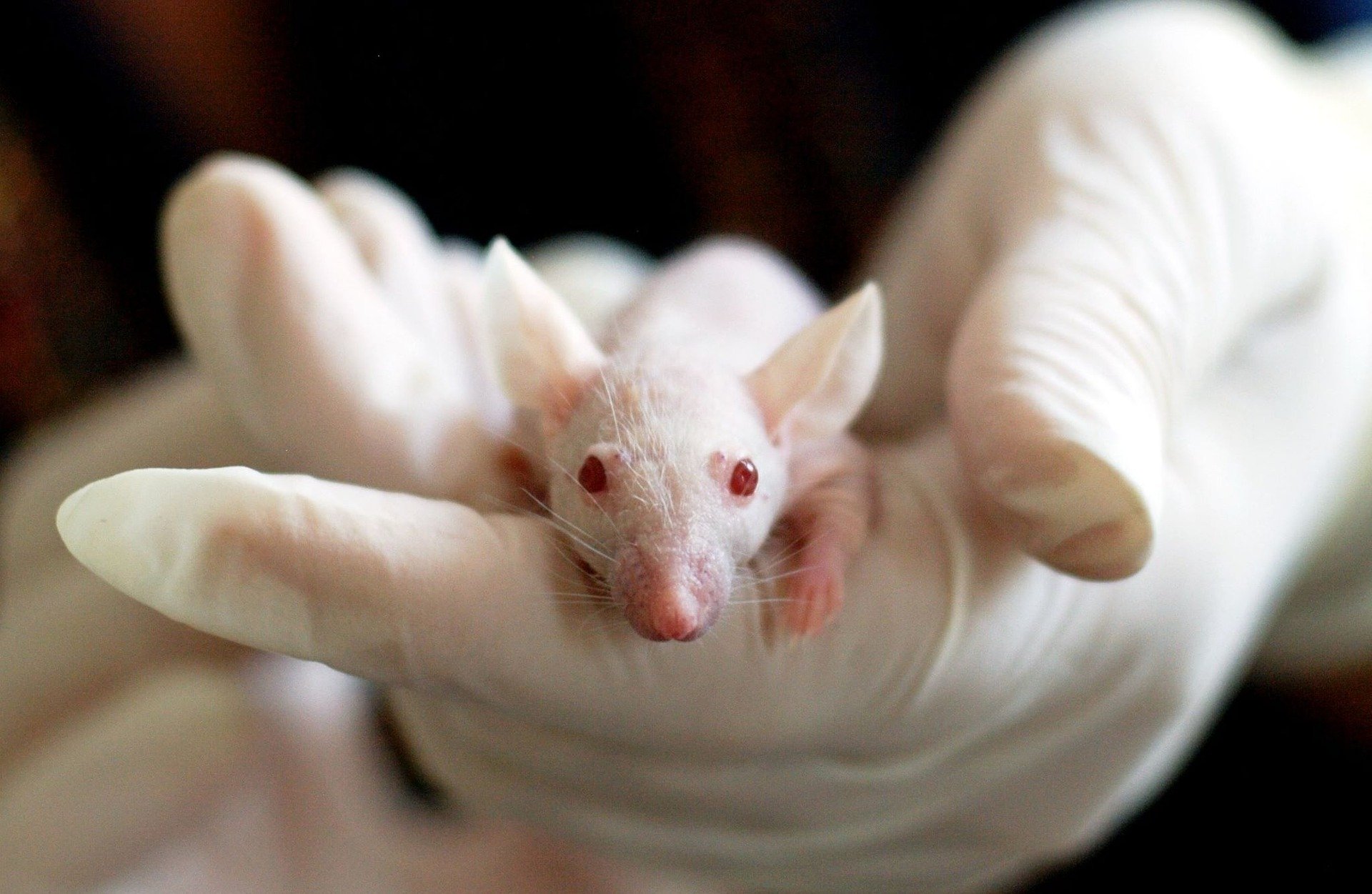The Power of Memory: Recalling the Past to Battle the Present (Part one)
At the beginning of the week, we laid the groundwork for a series of posts dedicated to exploring and discussing the incredible power in our memories. In this second instalment, we’ll be investigating the potential in memories to combat depression and promote well-being. For part one, we’ll establish the facts before looking at some of that mind-blowing science that was promised.
A Global Cause For Concern
At Iternal, we like to get people talking about the good times; sharing stories about their best experiences and diving head first into pools of nostalgia. We also understand that it can be hard to feel good sometimes and that for some, it’s a real struggle.
According to the World Health Organisation, 1 in 4 people worldwide will suffer from some form of mental health disorder in their life, with depression and anxiety being the most likely disorders to occur.
That’s a quarter of everyone you know.
Similarly, in a survey conducted for the NHS, it was found that one in six people experience a mental health problem like anxiety and depression in any given week in England. That’s just the reported cases.

It’s no surprise then that research and studies are constantly being carried out to discover new ways to combat these disorders. Did you know that there are studies that suggest recalling happy memories can have corrective effects on those suffering with depression? That positive reflection could help increase self-esteem and social efficacy? We’ll get to that, but first, let’s take a look at something truly unbelievable.
The MIT Mice
In a study conducted at the Massachusetts Institute of Technology, researchers were able to pinpoint specific groups of brain cells that stored certain memories, located in a part of the brain called the hippocampus*.
*not to be confused with the summer getaway for semi-aquatic mammals.
Using mice, the researchers were able to locate the neurons associated with happy memories. After genetically fitting these neurons with a photo-sensitive protein, they were able ‘re-activate’ those memories in the mice by use of a blue light (try wrapping your head around that one!)

‘What do mice consider happy memories?’ you might ask. Well, like humans, mice are highly social creatures that enjoy spending time with one another; especially in the company of the opposite biological sex. It was these pleasurable experiences that the researchers were able to exploit.
In the first test, it was found that activation of the happy memory (que the blue light) enabled the mice to bypass the stress induced by their environment, but only for as long as the memory was activated. Certainly interesting, but there’s got to be more, right?
Correct.
Sustained exposure to happy memories proved to have profound effects on the mice. Researchers began reactivating the positive memory cells for 15 minutes, twice a day, for five stress-free days. When next faced with stressful situations, the mice showed no symptoms of depression as they had before the ‘memory therapy’; the mice had actually formed new brain cells in reaction to the sustained exposure!
Sounds like something straight out of a Sci-fi blockbuster, right? This incredible research is a huge milestone in the field of psychotherapy and shows a small glimpse of the huge potential that the future holds.



